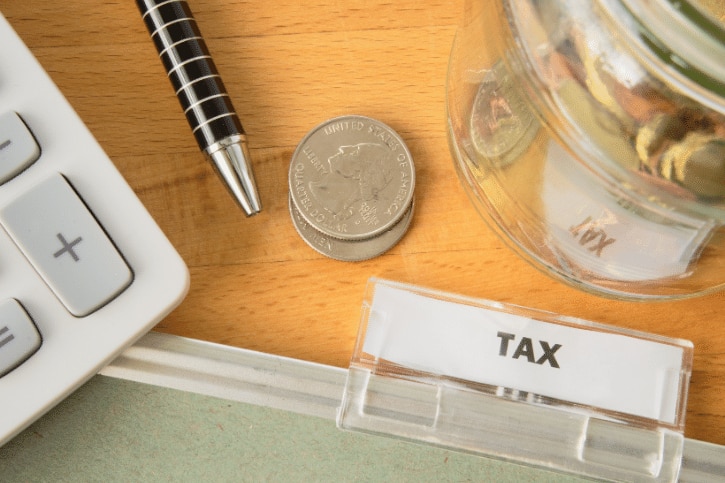In this article, you will learn:
- How to File Tax?
- Steps to e-Filing Your Tax Return
- Individuals Required To Pay Tax
- Income Tax Slab Rates
- When is the Personal Tax Filing Due Date in Singapore?
All income earned in Singapore is liable for income tax. Thus, if you are an individual including a local or a foreigner, whether an employee or self-employed (i.e sole proprietors or partners) earning income in Singapore, you are liable to pay income tax on such income.
Furthermore, income tax in Singapore is charged on a progressive basis. This means that as your taxable income increases, the amount of income tax to be paid also increases.
In addition to this, the amount of income tax that you are liable to pay depends on:
- The amount of income you earn in Singapore and
- Your tax residency, that is, whether you are a Tax Resident or Non-Resident
It must be noted that you, as an individual, are taxed on the basis of income earned in the preceding calendar year. In other words, income earned in the calendar year 2019 would be taxed in the Year of Assessment (YA) 2020.
Thus, to understand tax filing services in Singapore, let’s take a look at how does tax filing work, steps to e-filing your income tax return, and income tax slab rates.


